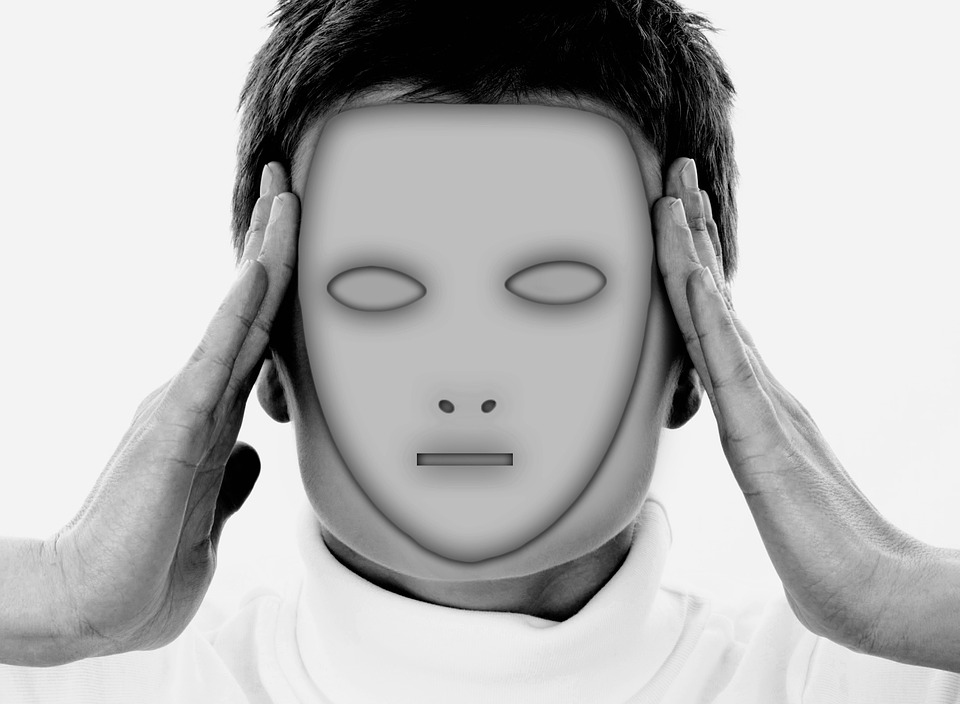Stress has now become a normal part of our vocabulary. It follows us around, affecting our working lives, our personal lives, how we feel about ourselves, how we respond to the people around us. Many of us encounter stress from a very young age, however we don’t always learn to deal with it in a healthy way – some of don’t deal with it all. We power through, thinking if we could just get to the end of the task, project, day or even week then we’ll be fine. More often than not, we’re not fine.
 Our bodies are hard-wired to respond to stress in a certain way; the flight and fight response. Historically that response was there to protect us against predators and other aggressors; now we face more subdued stressors, such as managing a huge workload, taking care of our family, paying bills. Just because they are not physically life threatening, doesn’t mean that your mind doesn’t see them as threats. These stressors will still trigger our flight or fight response, however unlike the physical stress that can go away after a little while, these stressors are in our minds – we carry them around with us. So we can end up feeling like we’re constantly running on adrenaline, constantly on the lookout, constantly under attack.
Our bodies are hard-wired to respond to stress in a certain way; the flight and fight response. Historically that response was there to protect us against predators and other aggressors; now we face more subdued stressors, such as managing a huge workload, taking care of our family, paying bills. Just because they are not physically life threatening, doesn’t mean that your mind doesn’t see them as threats. These stressors will still trigger our flight or fight response, however unlike the physical stress that can go away after a little while, these stressors are in our minds – we carry them around with us. So we can end up feeling like we’re constantly running on adrenaline, constantly on the lookout, constantly under attack.
When these stressors don’t go away; because our job is really stressful, or we’re living in an abusive environment, maybe there is pressure on us to perform academically, and if we don’t achieve the results we need we won’t progress to the next level. Whatever the reason, if we’re facing these threats on a daily basis, our flight and fight response stays on. Which means our hear rate is elevated, blood pressure is high, Cortisol (the primary stress hormone) is continually released into our blood streams. This is turn increases glucose in your bloodstream and alters your immune system and your digestive system. It can also alter your reproductive system and connects with regions of your brain responsible for fear, motivation and mood control.
If this response is not shutting off, then neither are the adrenaline and the cortisol. With that much adrenaline and cortisol running through your system on a daily basis you can end up with severe health problems, such as:
- Anxiety
- Depression
- Digestive problems
- Headaches
- Heart disease
- Sleep problems
- Weight gain
- Memory and concentration impairment
That’s why it’s so important to learn healthy ways to manage stress; your body needs a break from functioning on such a strained level. Below are some ways that can help relieve stress.
Eat sensibly, drink sensibly
When we feel stressed we will reach for the first thing that we think will make us feel better quickly; food and alcohol are on the top of that list for most people. Eating and drinking may make us feel better at that moment in time, however the effects are very temporary, they usually don’t last very long, and then the stress comes back. But now with it comes the additional ‘guilt,’ shame,’ ‘despondency,’ as well as the sugar low.
By all means eat and drink, but do it sensibly; if you feel like you may benefit from talking to someone about your food and drinking habits, then contact your GP or a healthcare professional.
Be more assertive
You don’t have to say ‘Yes’ to everyone, you don’t have to do everything people ask of you – it’s ok to say ‘No.’ Setting boundaries is extremely healthy, it will allow you to prioritise your needs whilst respecting the needs of others. Sometimes when we put ourselves last, it has a negative effect on our self-esteem, we end up feeling that we are not as important as everyone around us. So learn to be OK with putting yourself first, and accepting that you won’t be able to help everyone, all of the time.
Stop smoking, or using other recreational drugs
Cigarette smoke contains over 4000 chemicals, which combined with the stimulant effects of Nicotine can add to the symptoms created by stress. People can get addicted to nicotine, and start smoking more, to get the release that they feel only smoking can give them. However, the harm caused by cigarettes is more harmful to your health than the harm caused by stress.
Similarly, recreational drugs only offer a temporary release; when the effects wear off, the stress can seem more acute, and the desire to escape the stress returns. By stopping these habits, you are giving yourself a chance to learn healthier coping strategies that will benefit your physical and mental health.
Exercise regularly
Exercising to release stress, does not mean signing up to run the marathon, or signing up for competitions – unless you are one of the very few people who can train to compete without feeling the pressure and stress to win. Pick an exercise that will be enjoyable and something that you will be able to do on a regular basis. Exercise has been shown to release endorphins; they can help you feel better and maintain a positive attitude. Try and add exercise five times a week – even if you go out for a walk for half an hour.
Try and relax
Try and relax every day; there are many relaxation techniques that you can try, pick one that works for you. Mindfulness, Yoga, Meditation, or even just sitting in front of the television for half an hour with your feet up, watching your favourite programme or reading.
Relinquish control
As much as we would like to, we can’t control everything in our lives. Focusing on what we can control and acting on that can make us feel better about what is happening in our lives. Learning to let go of what we can’t control, is never easy, but will really help with your stress levels.
Set realistic goals
To be successful 100% of the time at everything you do, is not realistic. Having unrealistic expectations of ourselves, can lead to us getting stressed trying to achieve them. When we don’t achieve them, we can feel as if we’ve failed. It’s OK and healthy to acknowledge that you can’t do everything; it’s ok to give yourself a break.
Be your own cheerleader
When you are having a bad day, or when you are feeling overwhelmed remind yourself of how well you are doing, of all the things you have achieved. Celebrate the jobs / tasks you do well, even if nobody else does.
If you want to talk to someone regarding the issues raised in this blog, please contact us. We are offering a free two week trial for online counselling.

